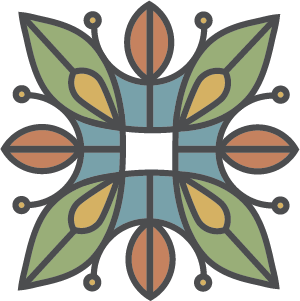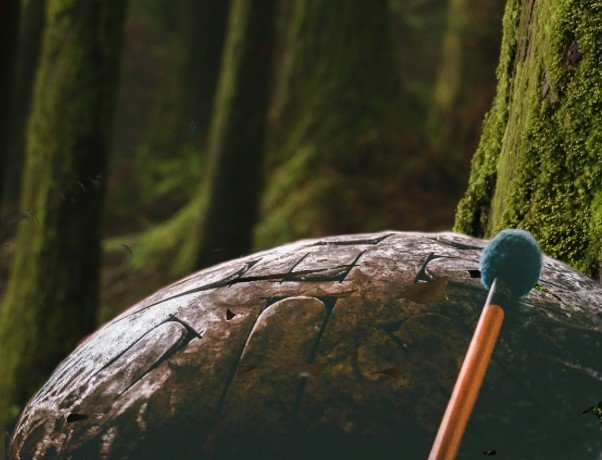What Do I Love About My Practice as a Jungian Psychoanalyst?
by Joel Kroeker RCC, MA, MMT, MTA
Imaginal realms through symbols, dreams, music and imagination
I consider the work that I do with patients in my consulting room to be connected to a long tradition stretching back into ancient times. This brings a deeper level of meaning into the relationships and interactions that form my working life. One of the unique and fulfilling aspects of my work is the rare opportunity to enter together into unconscious imaginal realms through symbols, dreams, music and imagination. In fact, I would suggest that "music in its healing aspect, as an archetypal image, is teeming with historical, cultural and mythological amplifications." (Kroeker, Routledge, 2019, p.13)
One of my teachers, Walter Bonaise, a Plains Cree elder and songkeeper who taught me many things about the inherent potency of music for healing, revealed the relationship between mind, music and mother earth as he described his induction into his own ancestral healing musical tradition in this interview excerpt:
listening to the sounds of creation
"Bonaise recalls his grandmother taking him into the bush to listen to the sounds of creation when he was a child. "It was so hard to stay still and be quiet. We would sit there maybe two or three hours, then she would say, 'One day you're going to hear music. It is the music of the earth. In that sound you will know what is going on around the whole of our Mother Earth.' Grandmother was teaching me to meditate and develop my mind to go to a deeper level. At that level you can hear the songs of water and grass and trees. You connect with the song and you connect with your spiritual life. When you sing you are chanting that emotional connection. There are no words," said Bonaise. “Listen to the Earth and the music will come” (McLaughlin, 2005).
Music and Dreams Have a Lot in Common
I find the intersection between dreams and music endlessly rich and fascinating, which is why I've pursued training in both psychoanalysis and also music-centred psychotherapy in order to be more helpful to my patients. In fact, I tend to think that our most significant experiences of music are actually a waking dream with a soundtrack. When we're inside a musical environment we can feel feelings that were not available to us from outside of that musical world and the same can be said for entering a dreamscape (or even a brief fantasy-state or reverie). "Music and dreams have a lot in common. Both open us beyond our conscious waking ego stance. Each in their own way can take us into reparative compensatory realms of affect, psyche and soma, which we cannot seem to get to through sheer effort alone." (Kroeker, Routledge, 2019, p.1)
Within a psychoanalytic setting, we approach this paradoxical inner and outer world from inside a safe and trauma-informed therapeutic relationship that we build together. Sometimes this unique relationship is one-of-a-kind, since many early relationships in people's lives lack the safety or the necessary intimacy and mirroring needed for some aspects of development. There is no explicit formula since each analytic dyad (Patient and Analyst) has its own unique personal equation and this fills each psychotherapeutic hour (and minute) with the potential for something new to occur.
Henry Corbin might call it the Mundus Imaginalis
What do I appreciate about entering into a psychoanalytic relationship?
I deeply value listening and engaging at the level that Walter Bonaise's Grandmother referred to when she said "one day you're going to hear music" and if you manage to be available for that Music, you will find yourself in a numinous encounter with the Whole, which she called Mother Earth. Carl Jung sometimes referred to this as the Pleroma (the totality of all opposites) or perhaps the Anima Mundi. Henry Corbin might call it the Mundus Imaginalis. Perhaps each person has their own way of describing this place beyond place where Wholeness exists as a potentiality.
I try to listen this way, which I've found requires every part of my life and being and I have deep gratitude for the opportunity to enter the depths of this interpersonal work.
For this reason, my work is not something that happens only when I'm in my consulting chair. It isn't a 'job'. For me this work is an ongoing practice, a way of making soul and a way of life. A way of listening and being in the world. Perhaps this is what I love most about my work.
Joel Kroeker RCC, MA, MMT, MTA is a Zurich trained Jungian Analyst, a Registered Clinical Counsellor and an accredited Music Therapist. Joel is one of the practitioners at The Vitality Clinic.






